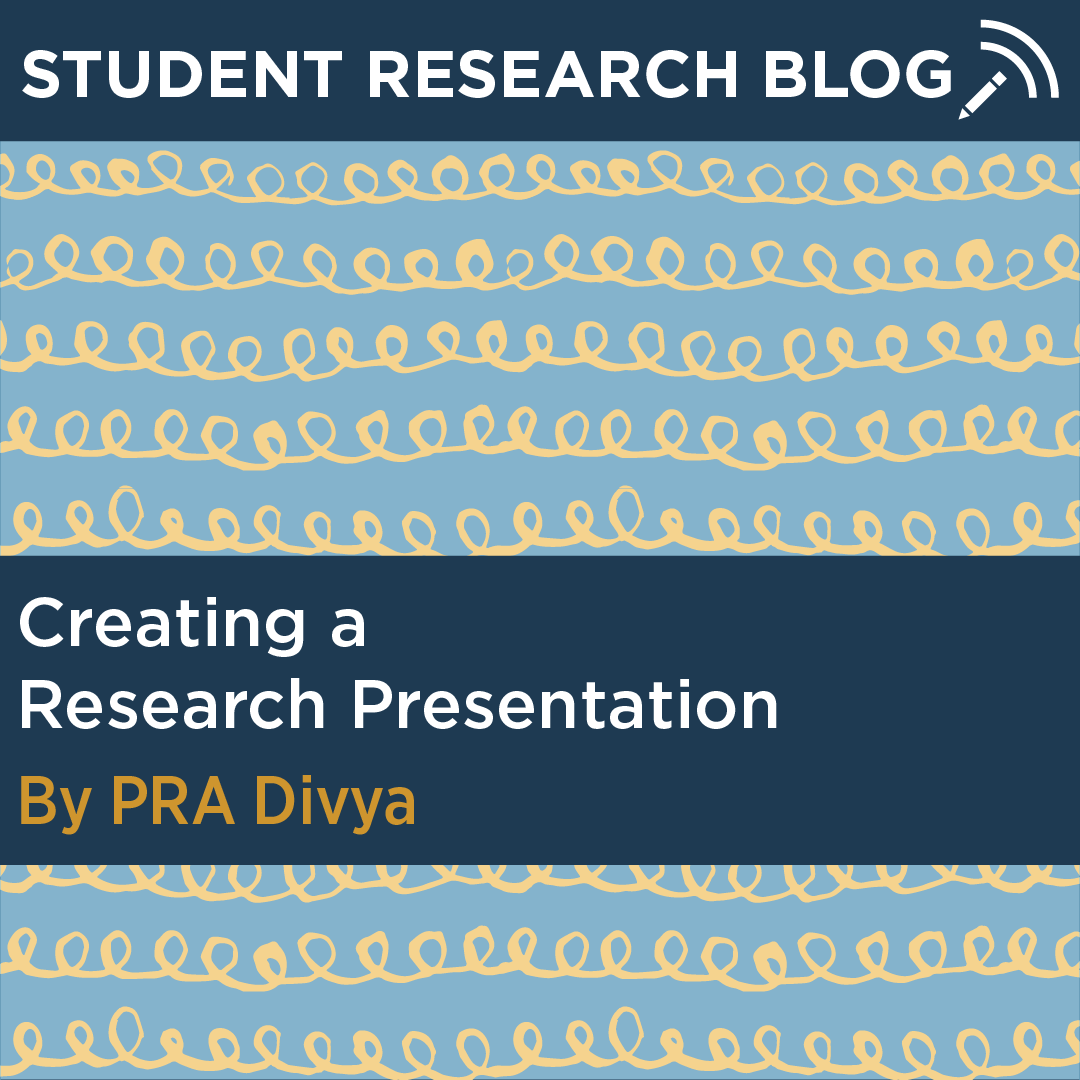Meet Maria Latta ’20 (Pharm. D. Candidate 2022), an OUR Peer Research Ambassador (PRA) majoring in Pharmacy Studies and minoring in Sociology and Molecular & Cell Biology.
What is the focus of your research?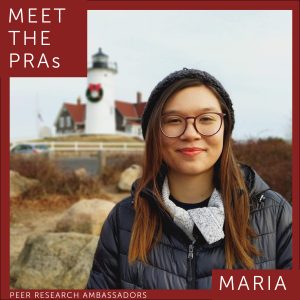
Currently, I am researching the impact of a project management team on sustainability in public health programs that utilize pharmacist services. Previously, I have researched social influences on Traditional Chinese Medicine use, nanoparticles for chemotherapy drug delivery, and the role of mitochondrial proteins in Alzheimer’s Disease.
Why did you get involved in research?
I got involved in research because I wanted to utilize novel techniques to make an impact and further progress in healthcare and pharmacy for minority groups.
What advice would you give to incoming freshmen?
First year students should be open to exploring different types, styles, and approaches in research. This helps to expand your understanding of what research can look like and the impact you can have in your field!
What do you enjoy the most about participating in research?
My favorite part of doing research is that I can use problem solving to enact change and progress in my field. This is anything from supporting and developing healthier communities to highlighting the unique needs in minority groups.
Describe the impact your research experience has had on you.
Research has helped me explore my interest in sociology and social research within pharmacy as well as gaining confidence in my creative capacity and problem-solving abilities.
What are your plans after graduation? How has involvement in research influenced your plans and/or prepared you for the future?
Research has helped to connect me with a community of social researchers in pharmacy that continues encourages me to pursue a graduate degree in medical sociology. My goal is to combine research and clinical practice into public health policy and program implementation.
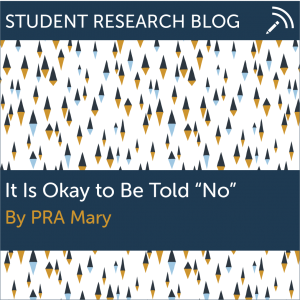

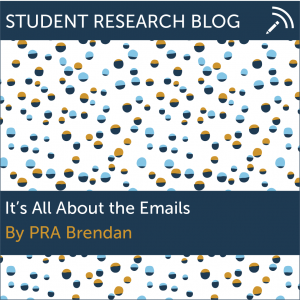
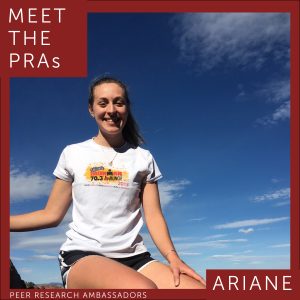
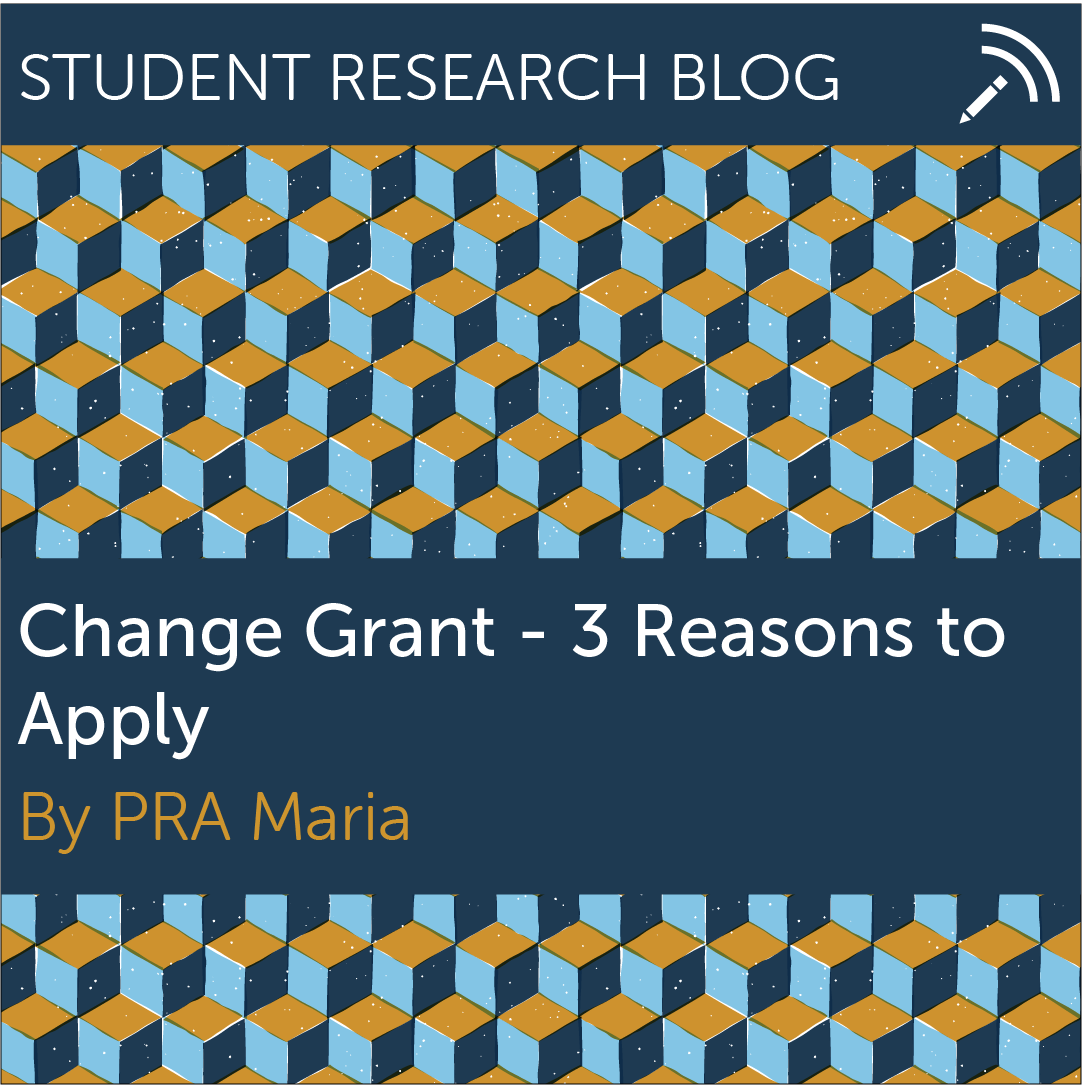 You might think a pre-pharmacy student would want to be working in a lab on drug discovery and most of time you would be right! But with me, things were different.
You might think a pre-pharmacy student would want to be working in a lab on drug discovery and most of time you would be right! But with me, things were different.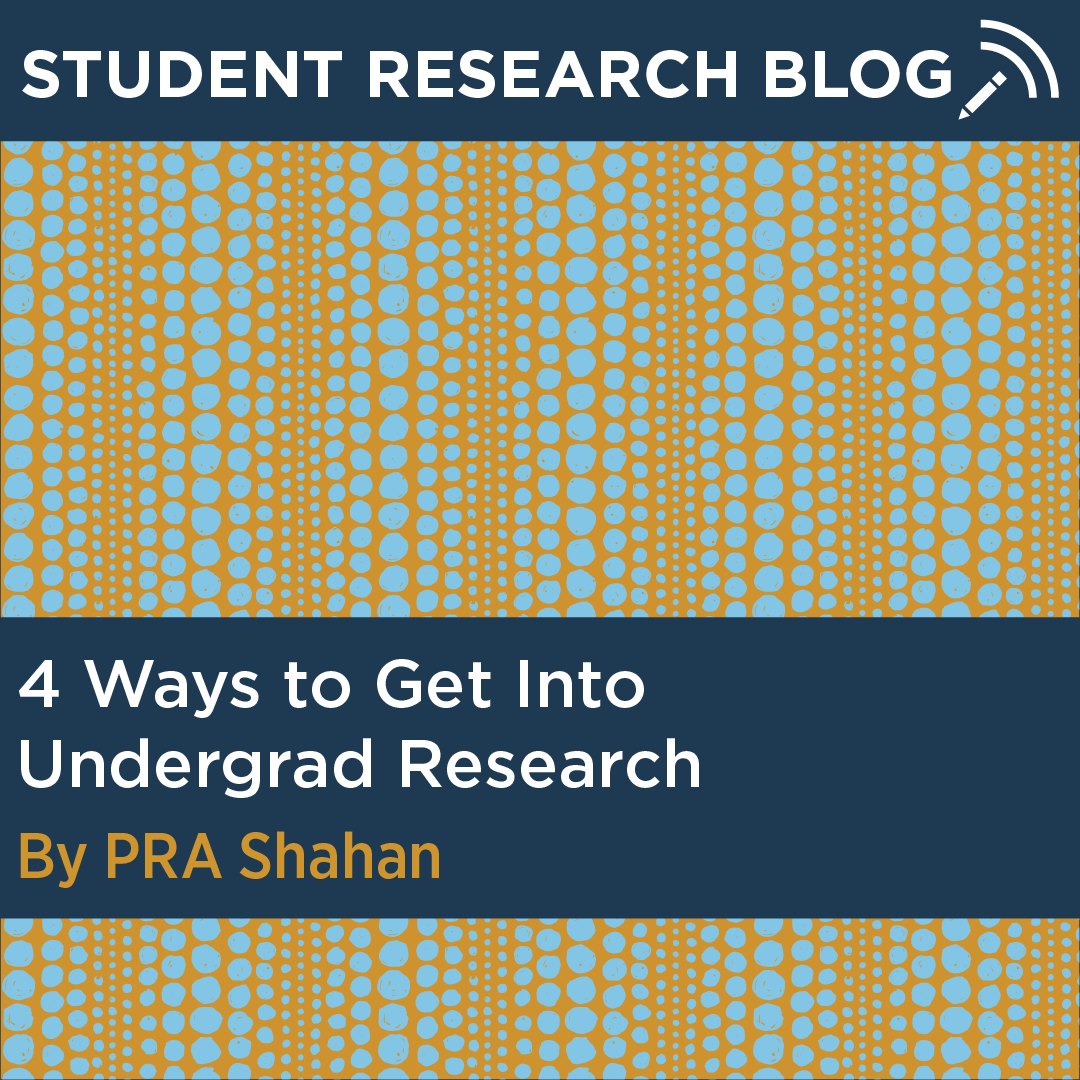 So, you want to get into research, but you probably don’t know where to start? Here are a few tips to give you an idea of what you’re in for!
So, you want to get into research, but you probably don’t know where to start? Here are a few tips to give you an idea of what you’re in for! 
